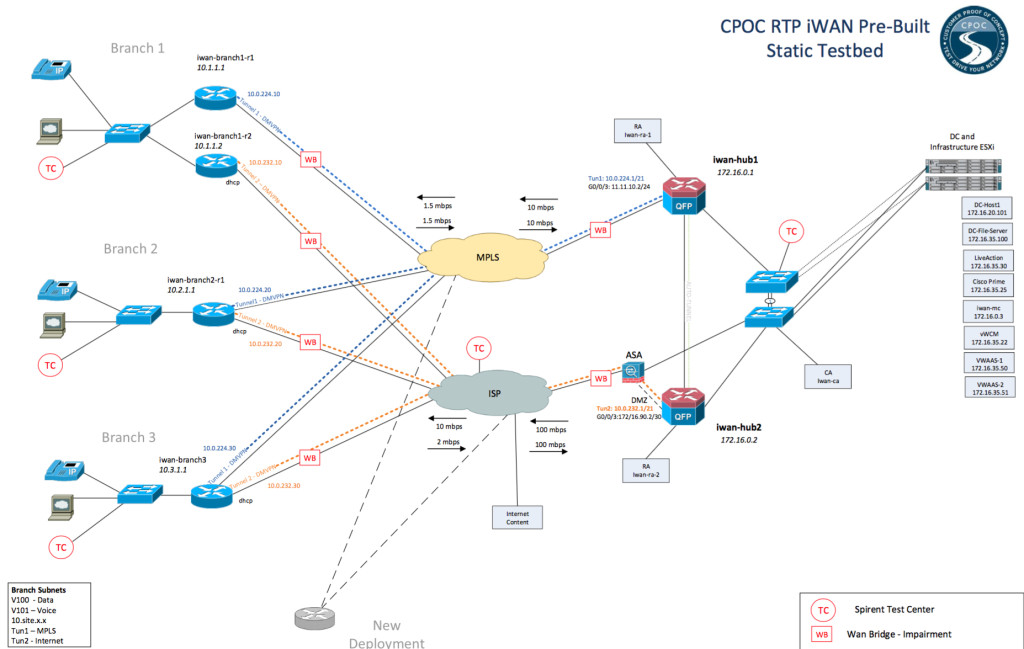10 Examples of how to get Docker Container IP Address
One thing that is so much fun about the need virtualization paradigm we are heading towards is that in the age of “software defined”, the flexibility of how to do things with infra are much more like programming then working with highly opinionated traditional infrastructure. Along that thread, here are 10 different ways to get a container or docker-machine address ... The post 10 Examples of how to get Docker Container IP Address appeared first on NetworkStatic | Brent......
Citizens of Tech 002 – Electric Space Trains
Happy 25th, Hubble. Fold my keyboard. Trains didn't (and don't) suck. Batteries are sexy again. Puking in your VR helmet. FM radio on Deathwatch. These and more stories on Citizens of Tech #2!
Author information
The post Citizens of Tech 002 – Electric Space Trains appeared first on Packet Pushers Podcast and was written by Ethan Banks.
Citizens of Tech 002 – Electric Space Trains
Happy 25th, Hubble. Fold my keyboard. Trains didn't (and don't) suck. Batteries are sexy again. Puking in your VR helmet. FM radio on Deathwatch. These and more stories on Citizens of Tech #2!
The post Citizens of Tech 002 – Electric Space Trains appeared first on Packet Pushers.
VMware support in GNS3
Here are notes about VMware support and more specifically about networking and some ideas how to make it work with GNS3. These is mostly toShow 236 – Talari and the Software-Defined WAN – Sponsored
With more companies jumping on the SD-WAN bandwagon every day, it’s getting harder than ever to figure out how to differentiate solutions. Luckily, Ethan Banks and Greg Ferro help shed some light on what an SD-WAN is, what you should look for and what to be concerned about in this interview with John Dickey, co-founder and CTO at Talari.
Author information
The post Show 236 – Talari and the Software-Defined WAN – Sponsored appeared first on Packet Pushers Podcast and was written by Greg Ferro.
SDxCentral Weekly News Roundup — May 8, 2015
 This week: VMware hearts Docker, Cisco buys again, and VMware teams with Arista.
This week: VMware hearts Docker, Cisco buys again, and VMware teams with Arista.
Intelligent WAN (“IWAN”) Here I Come!
As many of you know I work in Cisco’s Customer Proof of Concept (CPOC) lab and have for many years (since February of 2001). What this has meant is that for the past 14 years I’m never in one specific lab environment for more than 1 month. Which, admittedly, works great when one is a “little” A.D.D. 
But for the next 5 months I will be playing (oh… right “working”) in one specific lab environment. Specifically related to Cisco’s Intelligent WAN (IWAN)
The above diagram is of the current “CPOC IWAN PreBuilt Static Testbed”. It was built late last year by CPOC engineers Robert Kintner, Steve Moore, and Gina Cornett.
Guess who will be taking this over for the next few months?  I’m very stoked! …. and I’m going to take you along for the fun.
I’m very stoked! …. and I’m going to take you along for the fun.
Obviously I don’t want to play and mess up the environment that is already set up and built. So tossing the below environment together for us to play and learn in. I will NOT be encrypting the DMVPN tunnels so we Continue reading
PlexxiPulse—Our Newest Board Member
This week we announced that Clark Masters, Senior Vice President of HANA Cloud Computing at SAP, has been appointed to our Board of Directors—filling the seat vacated when Rich Napolitano was named Plexxi CEO last November. At SAP, Clark is responsible for strategy and advanced architectures relating to in-memory database operation in public and private clouds. With more than 30 years of technology and industry leadership, he brings a wealth of high-technology vision, knowledge and execution to our board. Clark will help to support our ongoing expansion and efforts to drive the networking industry’s transition to an application and data-focused era. Join us in welcoming Clark to the Plexxi team!
Below please find a few of our top picks for our favorite news articles of the week. Have a great weekend!
Enterprise Networking Planet: SDN Gets Some Help with Scalability
By Arthur Cole
Nearly everyone who is contemplating software defined networking (SDN) these days is thinking about scale-out architectures. Big Data and the Internet of Everything have the enterprise industry spooked that if a solution does not scale, it isn’t likely to be taken seriously. What most IT executives may not realize, however, is that scale is not actually Continue reading
From SDN to SDx — How Limitless Is It?
 SDN is just the beginning, FireHost learns during the company-wide migration.
SDN is just the beginning, FireHost learns during the company-wide migration.
